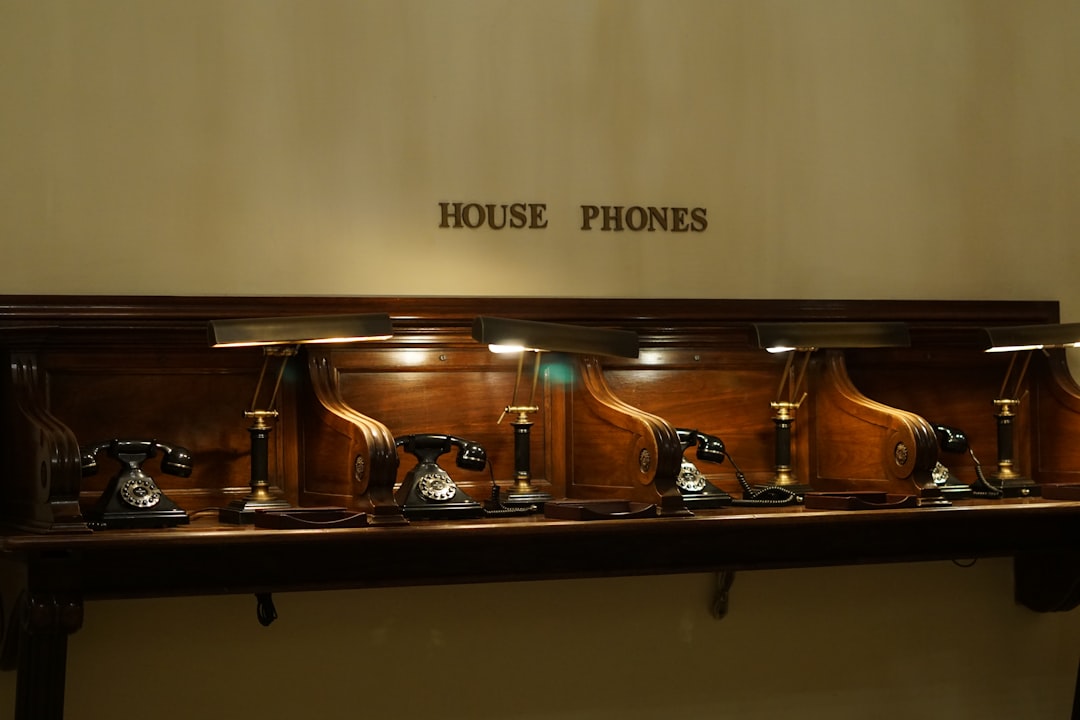Louisiana's debt collection laws, detailed in the Revised Statutes' Title 9, Chapter 35, protect consumers from aggressive tactics. These regulations cover communication methods, disclosure requirements, and debt validation processes, ensuring fairness for debtors and collectors. Debt collectors must adhere to strict guidelines on contact frequency and behavior, while Louisiana law presumes a debt is valid if the collector provides evidence of the original contract. Debtors have protections against inaccurate claims, including shifting the burden of proof to collectors and mandating proper notice during collection processes, guided by the Fair Debt Collection Practices Act (FDCPA).
In the intricate landscape of debt collection, understanding Louisiana’s specific laws is paramount. This state has distinct regulations that impact how debt collectors operate, particularly regarding the presumption of validity of a debt. When a debt collector sues for payment in Louisiana, they must navigate these legal nuances to establish the legitimacy of the debt. This article explores Louisiana’s debt collection laws, delves into the presumption of validity, and illuminates key strategies for both debtors seeking protection and collectors ensuring compliance.
Understanding Louisiana Debt Collection Laws

Louisiana has specific laws governing debt collection practices, designed to protect consumers from aggressive or unfair tactics. Understanding these laws is crucial for both debt collectors and individuals facing collections actions. Louisiana’s debt collection laws are outlined in the Louisiana Revised Statutes, specifically in Title 9, Chapter 35. These regulations cover various aspects, including permissible communication methods, disclosure requirements, and the process of validating debts.
Debt collectors operating in Louisiana must adhere to strict guidelines regarding the frequency and manner of contact with debtors. They are prohibited from engaging in abusive or harassing behavior, using false or deceptive statements, or threatening legal action without intent to follow through. Importantly, Louisiana law presumes that a debt is valid if the debt collector provides evidence of the original contract and the amount due, ensuring a fair process for both parties involved in debt collection.
Presumption of Validity: Key Aspects

In the state of Louisiana, the presumption of validity plays a crucial role in debt collection lawsuits. This legal concept assumes that an account is valid and enforceable until proven otherwise by the debtor. When a debt collector files a lawsuit to recover a debt, they must demonstrate that the debt exists and is owed according to the terms agreed upon by the debtor and creditor.
Key aspects of this presumption include the responsibility of the debtor to provide evidence challenging the debt’s validity. If no dispute is raised within a specific time frame, typically as per the statue of limitations, the debt collector’s claim is often deemed valid. Louisiana debt collectors must adhere to strict rules outlined in the Fair Debt Collection Practices Act (FDCPA), ensuring fair and ethical treatment during the collection process. These regulations protect debtors’ rights while maintaining a balanced approach to recovering outstanding debts.
Debtor Rights and Defense Strategies

In Louisiana, debtors enjoy certain rights when faced with a debt collection lawsuit. One crucial aspect is the presumption of validity, which means the debt is presumed valid unless the debtor provides substantial evidence to challenge it. This puts the burden of proof on the debt collector to demonstrate the debt’s authenticity. Debtors can leverage this legal principle as a defense strategy by thoroughly scrutinizing the information provided by the collector, including the original creditor’s records and any documentation supporting the debt claim.
Additionally, Louisiana debt collection laws offer protections for debtors, such as the requirement for collectors to provide proper notice and adhere to fair collection practices. Debtors have the right to request validation of the debt, obtain a list of all outstanding debts, and dispute inaccurate or misleading information. Understanding these rights and employing strategic defenses can empower individuals to navigate the complexities of debt collection lawsuits effectively in Louisiana.






